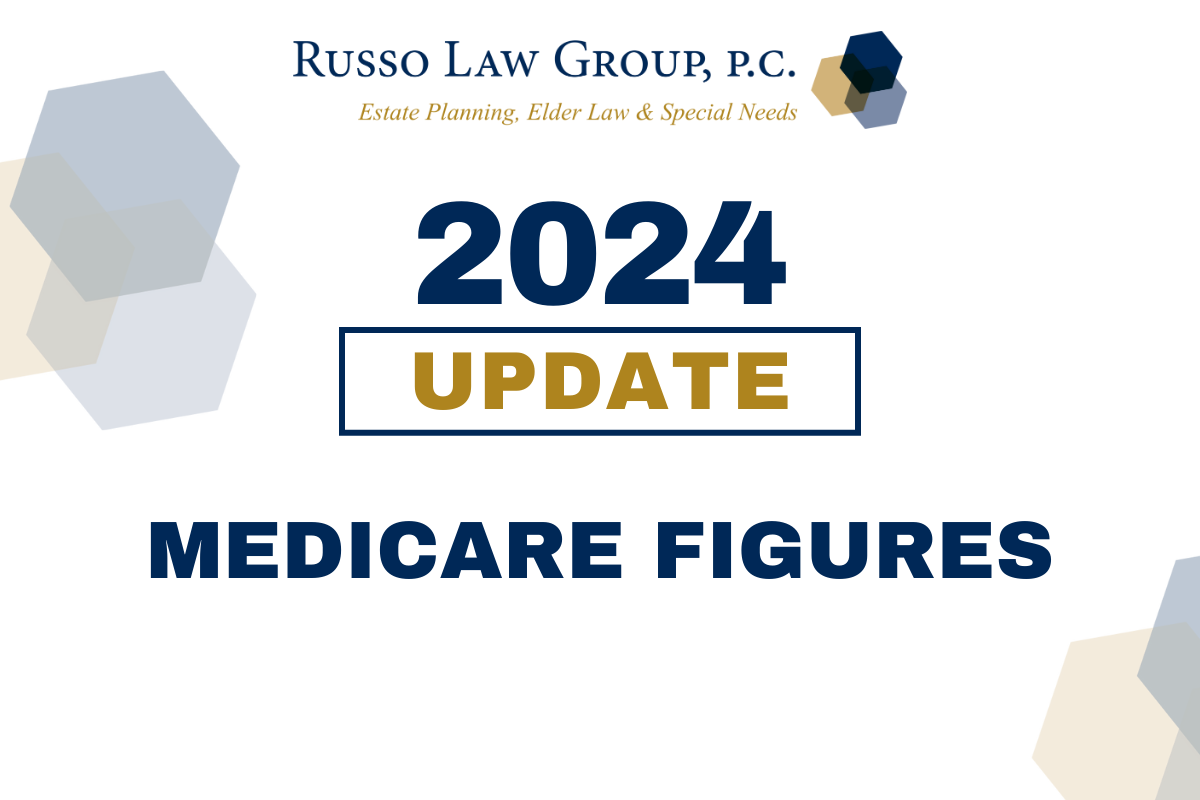Palliative care and hospice care can provide comfort to seriously ill patients and patients who…

What You Need to Know about Your Medicare Enrollment
Medicare is our country’s health insurance program for people who are age 65 or older. If you are about to turn 65, you should prepare to enroll in Medicare in order to avoid late enrollment penalties. Medicare enrollment begins three months prior to the month of your 65th birthday and continues for three months after your birthday month, for an Initial Enrollment Period of seven months. You should enroll as early as possible so your Medicare coverage will be effective the month of your 65th birthday.
Medicare is Comprised of Four Parts
- Medicare Part A (hospital insurance) helps pay for inpatient care in a hospital or limited time at a skilled nursing facility (following a hospital stay). Part A also pays for some home health care and hospice care;
- Medicare Part B (medical insurance) helps pay for services from doctors and other health care providers, outpatient care, home health care, durable medical equipment, and some preventive services;
- Medicare Advantage Plan (previously known as Medicare Part C) includes all benefits and services covered under Part A and Part B – prescription drugs and additional benefits such as vision, hearing, and dental – bundled together in one plan; and
- Medicare Part D (Medicare prescription drug coverage) helps cover the cost of prescription drugs.
Also, Supplemental (Medigap) Insurance policies help pay Medicare out-of-pocket copayment, coinsurance, and deductible expenses. These policies are run by private insurance companies.
Most people age 65 or older are eligible for free Medicare Part A based upon working and paying Medicare taxes.
Medicare Part B requires the payment of a monthly premium. If you choose not to enroll in Medicare Part B during your Initial Enrollment Period, your coverage could be delayed, and you may have to pay a higher monthly premium. Each year you will have the opportunity to enroll for Medicare Part B during the General Enrollment Period from January 1st through March 31st, with coverage effective on July 1st. So, you could have a Medicare coverage gap of up to six months. Your monthly premium will increase by ten (10%) percent for each twelve-month period you were eligible for Part B but did not enroll and you will have to pay this penalty with your premium for as long as you have Part B. However, you will not be penalized if you qualify for a Special Enrollment Period as a result of your having medical insurance coverage under a group health plan (with twenty or more employees) based on your or your spouse’s current employment.
The Medicare Advantage Plan (previously known as Medicare Part C) requires enrollment in Medicare Part A and Part B. These policies are run by private insurance companies that follow the rules set by Medicare. The Medicare Advantage Plan does not have a late enrollment penalty and the General Enrollment Period is October 15th through December 7th, with coverage effective on January 1st.
If you are not enrolling in a Medicare Advantage Plan, you should enroll in Medicare Part D for prescription drug coverage. Similar to the Medicare Part B penalties, if you choose not to enroll in Medicare Part D during your Initial Enrollment Period, your coverage could be delayed, and you may have to pay a higher monthly premium. For every month you delay enrollment past the initial enrollment period, your Medicare Part D premium will increase at least one (1%) percent. This late enrollment penalty is permanently added to your Part D premium. Each year you will have the opportunity to enroll for Medicare Part D during the General Enrollment Period from October 15th through December 7th, with coverage effective on January 1st. However, you are exempt from these penalties if you did not enroll because you had private insurance for prescription drugs, such as through a retirement plan, which is at least as good as the Medicare Part D prescription drug coverage.
It is important to note that the General Enrollment Period for Medicare Part A and Part B is different from the General Enrollment Period for Medicare Advantage Plan (Part C) and Part D.
Medicare Enrollment Tip
Before deciding not to enroll in Medicare during your seven-month Initial Enrollment Period, you should confirm with your private insurance company and your employer that you have valid and creditable coverage which allows you to delay your enrollment without incurring long-lasting financial penalties.
In an effort to simplify and improve these complicated Medicare rules, in December 2020, Congress passed the Beneficiary Enrollment Notification and Eligibility Simplification (BENES) Act of 2020, effective January 1, 2023, as part of the federal spending bill. Congress addressed some, but not all of the Medicare enrollment problems and coverage gaps caused by failing to enroll during the Initial Enrollment Period:
Elimination of Medicare Coverage Gaps
- Regardless of whether you enroll during your Initial Enrollment Period or the General Enrollment Period, Medicare coverage will commence on the first of the month following the month of your enrollment. This change will allow people to avoid a lapse in coverage;
- Medicare’s authority has been expanded to grant relief to people who did not enroll timely for Medicare Part B due to “exceptional circumstances” such as natural disasters; and
- Medicare must align the enrollment periods for Medicare Part B, Medicare Advantage Plan (Part C), and Part D.
Although these changes in the law will help to end long coverage gaps, Congress failed to address the underlying problem. Due to the increase in the full benefit age (after age 65), many people delay their Social Security retirement benefits. Since the Social Security Administration is not required to notify people in advance of their 65th birthday of their eligibility to enroll in Medicare, many people fail to enroll during their Initial Enrollment Period simply because they are unaware of their eligibility and that they will incur long-lasting financial penalties for missing or delaying their enrollment.
If you are the recipient of Social Security retirement benefits, you will be automatically enrolled in Medicare Part A and Part B, effective the month of your 65th birthday. However, if you are not receiving Social Security retirement benefits, you must enroll for Medicare with the Social Security Administration (during your Initial Enrollment Period), by calling 1-800-772-1213 or completing the online application at http://www.socialsecurity.gov/medicareonly/.
If you are approaching your 65th birthday, it is imperative to consider your Medicare eligibility and Initial Enrollment Period and to consult with and retain experienced attorneys. Russo Law Group, P.C., has knowledgeable attorneys who can provide professional services and advise you regarding your Medicare eligibility, as well as your overall health care and estate plan. We can help you to understand the complexities of Medicare which can be confusing.
We invite you to take advantage of our comprehensive website as well as our free seminars and webinars to learn more about how Russo Law Group, P.C. may assist you and provide you with peace of mind.




This Post Has 0 Comments